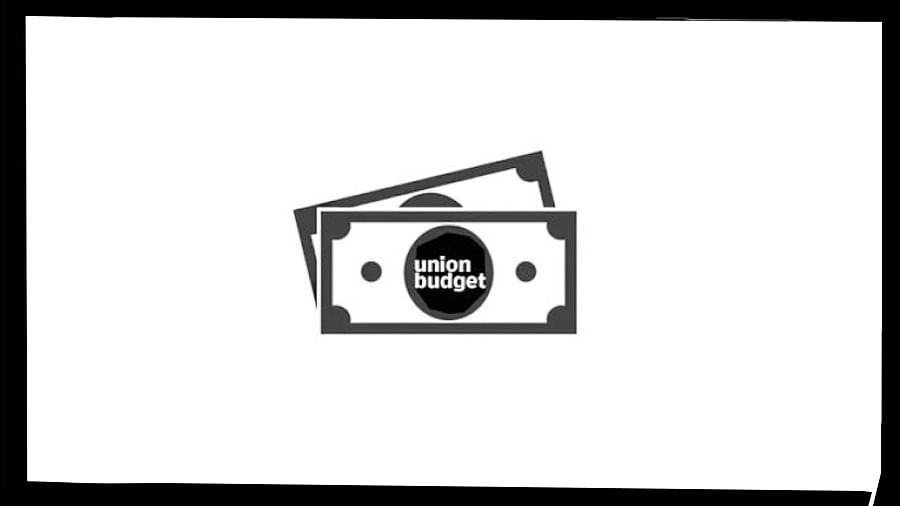
A week from now, veteran Finance Minister Nirmala Sitharaman would deliver her the first regular Budget of the Narendra Modi government’s third term. The Budget is, in a way, a fiscal game.
The Government of India must raise adequate tax resources without displeasing taxpayers too much to provide the right dose of public goods and services to keep the maximum number of voters happy.
The challenge is how to communicate the feel-good Budget provisions to masses/voters who don’t listen to the Budget speech or read the Budget documents.
On the contrary, special interest groups — like taxpayers, industrialists, businessmen, foreign investors, farmers’ organisations, and labour unions, among others — have deep interests in Budget proposals, and scan every proposal affecting their well-being.
What are the expectations of the people and the special interest groups from the Union Budget 2024-2025? What words and sops the government can choose to put in the Budget speech to meet them?
The taxpayers
About 100 million individuals and other non-corporate taxpayers file personal income tax returns, though only about 30 million actually pay tax. This, the real middle class, is also quite vocal.
Personal income taxes have been growing well, riding on rising incomes of government/organised workers, low exempt income tax threshold and tax slabs, and lack of tax saving incentives.
They would like the minimum tax slab to be raised to Rs 5/7.5 lakh, the highest tax rate of 30% to kick in not below Rs 25 lakh income, and more tax incentives/incentives for savings and capital gains in the new tax regime.
The government, in order to keep this group which is perhaps its biggest supporter, in good humour considering the upcoming elections in Maharashtra, Jharkhand, and Haryana, might merge the tax regime, increase incentives on housing and savings, raise the minimum income tax threshold to Rs 5 lakh, and also finetune the tax slabs.
Industrialists and businessmen
In 2019, the government provided big tax concessions to companies by slashing the corporate tax rate to 22 per cent in general and 15 per cent for new manufacturing companies. India’s industrialists and businessmen, who thrive on government patronage quite heavily, want the concessional tax rate of 15 per cent to be extended to 2030.
This group also makes handsome profits from governmental capital expenditures and expects considerable gains from the slew of production-linked incentives (PLI) schemes. They have, understandably, been lobbying for increasing capital expenditure and the PLI schemes in the Budget.
Increased capital expenditure and PLI schemes perhaps did not benefit the Modi-led government politically in the recently concluded Lok Sabha elections as much as expected. The government, however, in the absence of any other big idea to impress industry and business, may continue to bank upon capital expenditures and the PLI schemes.
The government might increase the holy number Rs 11.11 trillion capital expenditure (Interim Budget) to Rs 12.5 trillion in the coming Budget. Although most of the PLI schemes have failed to take off and deliver, the government might still expand the PLI bucket by including a few more small schemes. The government may also announce tweaking the PLI guidelines to relax the conditionalities of disbursement, and raise the frequency of payments.
Foreign investors
Foreign direct investment (FDI) has been falling badly. Start-up valuations and funding have also declined substantially.
Start-ups have been demanding for years the abolition of angel tax, which taxes capital infusion in start-ups at higher valuation as income.
There is no rational justification for taxing capital infusion in start-ups. The government, having rejected this demand for years, might finally announce abolition of the rapacious angel tax.
Foreign portfolio investors (FPIs) have been bringing billions of dollars for the last many months taking advantage of rising stock markets. These flows are risky and can reverse abruptly.
The FPIs, who have a very favourable tax treatment, still want more concessions — no long-term gains taxation, lower short-term gains taxation, no/light touch scrutiny of routing through tax havens, adoption of relaxed beneficial ownership rule, etc.
The government might be tempted to grant some of their wishes to maintain the upward stock market momentum.
Voting masses
The Modi government had kept the voting masses (farmers, landless labour, poor consumers, and the like) on its side by implementing a slew of labharthis (beneficiaries) oriented schemes for housing, LPG connections, tap water connections, and so on, and also by providing free foodgrains to over 800 million people.
Going by the results of the Lok Sabha elections, it seems that the effect of the benefits of these schemes has worn out. Instead, direct cash benefit transfers offered by the opposition parties seemed to have received more traction.
Union Budget 2024-2025 might see a few populist announcements — raising the existing scale of assistance in some schemes such as PM KISAN and new schemes for cash transfers to unorganised workers/women and the like. The government might announce assured minimum support prices (MSPs) to farmers for pulses and oilseeds,
and minimum guaranteed pensions to subscribers of the new pension
scheme (NPS).
Will it make a difference
There is a very tenuous connection between concessions to special interest groups and electoral outcomes. Likewise, populist measures/freebies don’t exclusively and/or permanently impact voting behaviour.
It makes much better sense to bank upon the proposals which can address fundamental growth and employment drivers.
(The writer is former Finance & Economic Affairs Secretary, and author of The Ten Trillion Dream and We Also Make Policy)